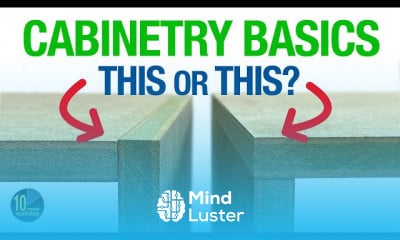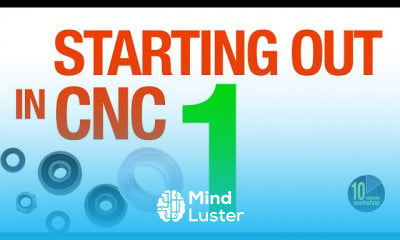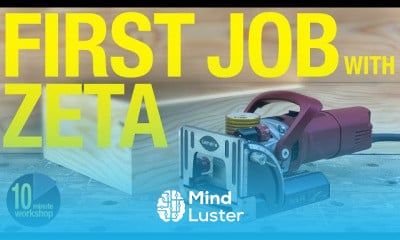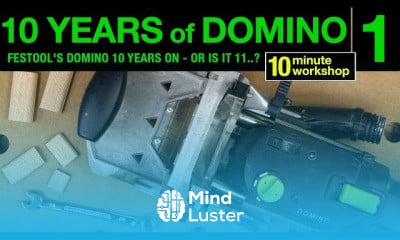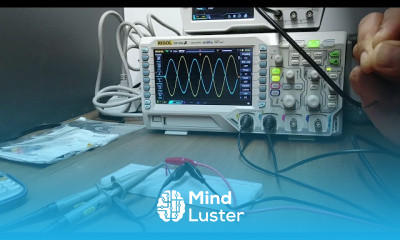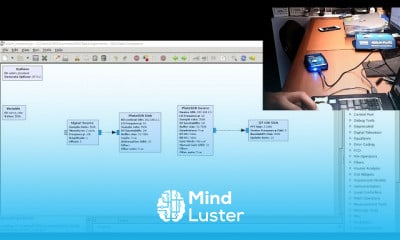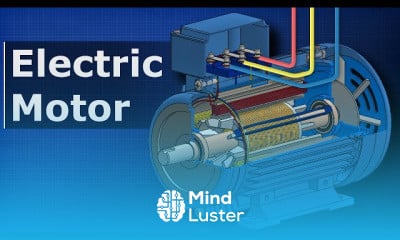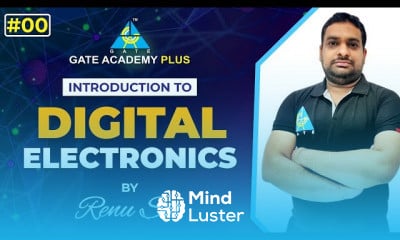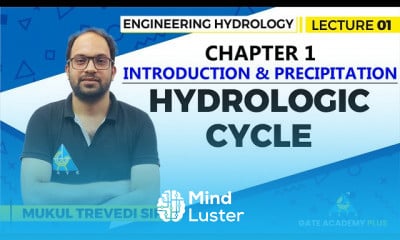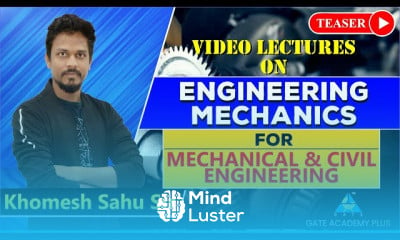Types of supports in beams types of supports and their reactions beam support reactions examples
Share your inquiries now with community members
Click Here
Sign up Now
Lesson extensions
Lessons List | 4
Lesson
Comments
Related Courses in Engineering
Course Description
Types of beam supports course,
in this course we will learn about the Types of Beam Supports, focusing on the fundamental principles and applications of various support systems used in structural engineering. Participants will explore the different types of beam supports, including fixed supports, roller supports, pin supports, hinge supports, and simple supports. Each type of support has unique characteristics and applications, and understanding these differences is crucial for designing safe and efficient structures.
Topics covered will include the mechanics of each support type, how they influence the distribution of forces and moments in a structure, and their impact on structural stability and flexibility. The course will delve into practical applications, such as the use of fixed supports in large bridges and buildings, roller supports in structures requiring thermal expansion, and pin supports in flexible designs.
Through detailed lectures, practical examples, and case studies, students will gain hands-on experience in selecting and designing appropriate beam supports for various engineering projects. Emphasis will be placed on real-world scenarios, enabling participants to apply theoretical knowledge to practical challenges in the field.
Trends
UX design career in 2025
Python IDEs for beginners
Elastic Collisions in Particle Physics
Python for beginners
ChatGPT mobile for beginners
MS Excel
Learning English Speaking
Human Resources Management
Unity 3D Game Physics
Chemistry
Content marketing for beginners
AutoCAD for Beginners
Python for machine learning projects
Marketing basics for beginners
Journaling for beginners
Wireshark filters fundamentals
CHAT GPT with microsoft excel for beginners
Speak english fluently with confidence
Digital marketing in 2025
English Convesation Speaking
Recent
French words to pronounce
French holiday words
French Pronunciation basics
Advanced french listening
Intermediate french listening
French Listening for beginners
French Vocabulary for beginners
French reading
French reading comprehension
French speaking practice
French pronunciation
Innovative french culture
French reading exercises
Reading and writing dates in french
French grammar essentials
French reading practice for intermediate
French reading practice
French conversations
French words
Introducing Yourself in french




